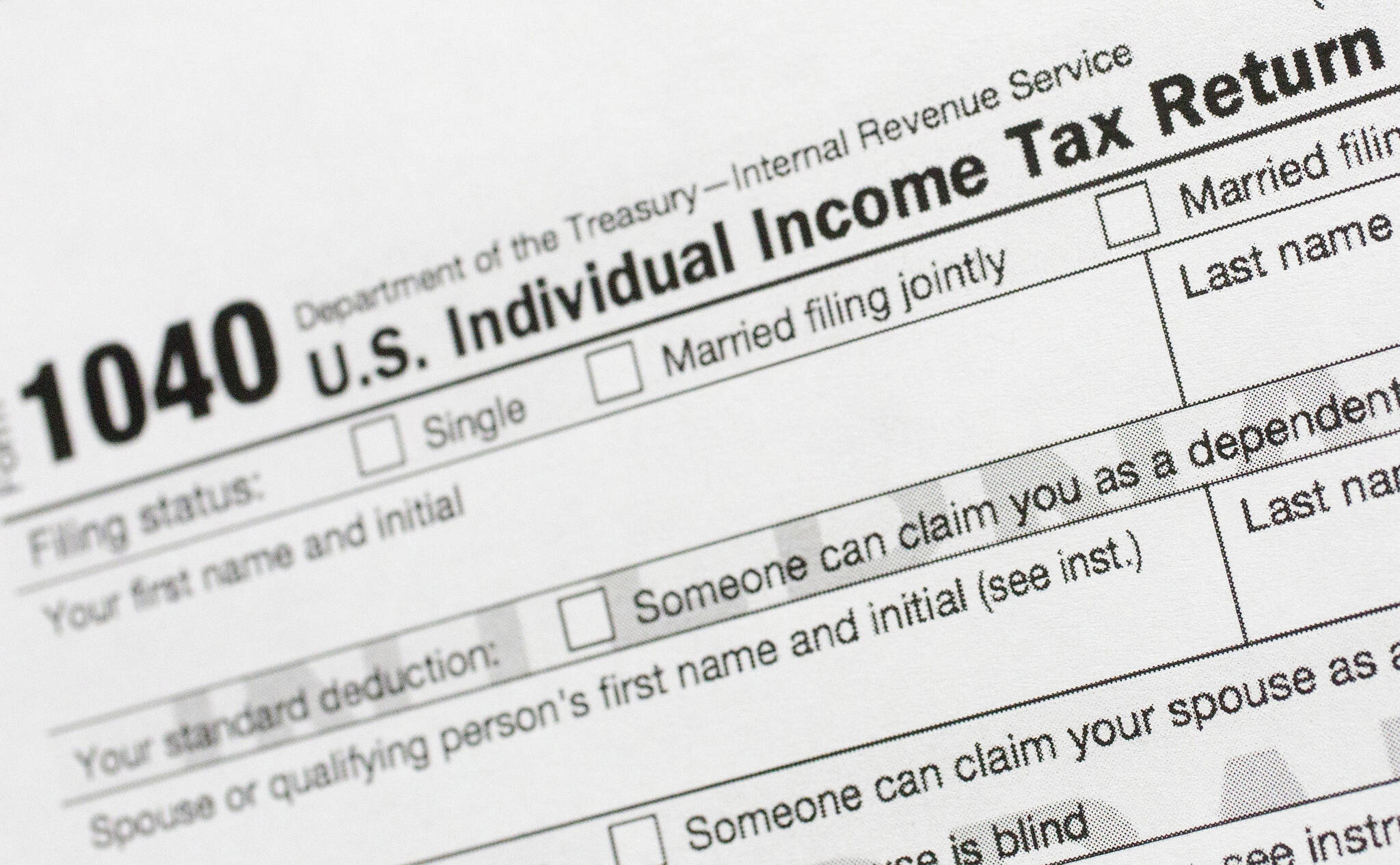This article has been moved in front of the Juneau Empire’s paywall.
A recent IRS decision to exempt last year’s energy relief payments from taxes is a case of better late than never in the eyes of a local tax preparer.
The IRS announced Friday that most state-issued relief checks were no longer going to be subject to federal taxes. While this change affects many different states in the country, the news is especially important for Alaskans because the decision applies to energy relief payments of $662 included within the Permanent Fund dividend that were sent out in September of last year.
Local Juneau tax preparer Mark Smith said that while it would have been nice for the announcement to have been made earlier, at least the “error” was made in the right direction in the sense that taxpayers will owe less as opposed to more.
“We did a bunch of returns and what you do there since they were wrong, if you’re getting a refund, you have to let that check go into your bank account or mailbox,” Smith said. “If you jam in that amendment return, then it delays your refund that you were originally going to get. So, you put the amendment in after you get your refund.”
In addition to Alaska, the other states where the relief checks do not have to be reported by taxpayers are California, Colorado, Connecticut, Delaware, Florida, Hawaii, Idaho, Illinois, Indiana, Maine, New Jersey, New Mexico, New York, Oregon, Pennsylvania and Rhode Island.
Smith said so far his office has filed 40 or so returns, matching them to the current outdated 1099 forms, that will now need to be amended. Additionally, Smith said he’s seen an average saving for taxpayers between $60 to $300.
Claire Hesson, a local tax preparer with Hesson & Deakins, said that she’s doubtful the state will issue new updated 1099 forms since the IRS has announced it will not contest Alaska taxpayers omitting the energy relief check from their reported PFD amount. Efforts to reach state officials with the Department of Revenue and PFD Division for additional clarity were unsuccessful.
“What we’ve been doing is since the IRS has said they won’t contest it if you do reduce your PFD amount, we’ve just been reducing the PFD and only reporting the taxable portion of the PFD since we found out on Friday,” Hesson said.
Hesson said the only complication her office has seen as a result of the IRS decision is that the returns she’s already received will all have to be amended, which Hesson said can not only be time consuming, but also costly as some tax preparers charge a fee to file an amended return.
“The IRS doesn’t really look at amended returns for a couple of years and they’re already pretty far behind,” Hesson said. “I would file with the reduced PFD amount, I would file with the $2,622 amount and anyone who had filed, I would advise that they probably amend their tax return if they already received their refund.”
• Contact reporter Jonson Kuhn at jonson.kuhn@juneauempire.com.

